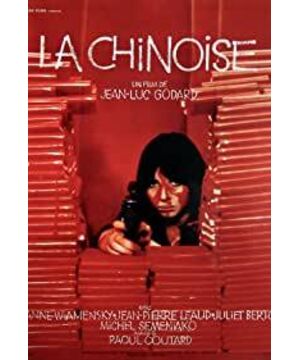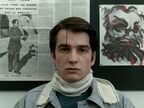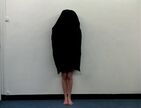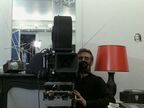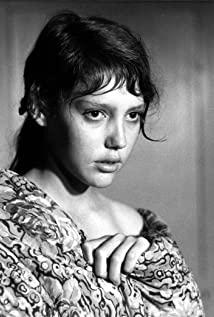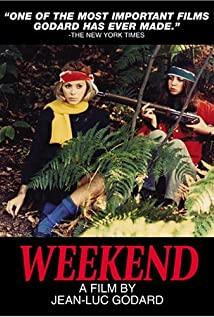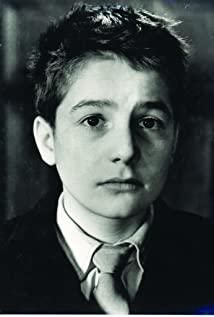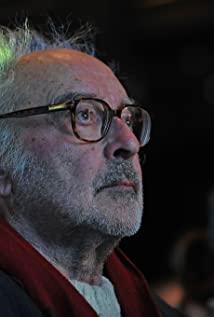I secretly thought that this was a philosophical film, a kind of talkative film. Revolutionary version of Love at the Break of Dawn. It's a dream, because a dream is close to reality.
"Is there really a socialism?" "I don't know, I'm still groping." Yes, that is a kind of doctrine, a beautiful assumption, because of the existence of human nature, it is probably difficult to do it, unless human invents something A drug that homogeneous human nature, but is it just that people are still human? Is it still interesting to live? Everyone is the same, probably no different from the machine.
"Be concerned about the working class", "try to listen to everyone's opinions"... The movies are often filled with such sentences, if you think about them carefully, these are chicken soup for the soul. Don't XXX and religion use these deceptive and beautiful words to attract the audience of believers?
"Youth has nothing to hide", "Wrong thinking is the Great Leap Forward"...
This movie should be regarded as a theoretical browsing, a retrospective reflection on what you have learned in your youth. Many people came here like this. They were once fanatical and brainwashed. With the growth of experience, their views will change. Maybe even those who sacrificed for the truth will be lost in today's life, and even be swallowed up by their desires? Idealists are often just utopians, ideals are full, and reality is an irony. Ma En's doctrine is also more like a castle in the sky, drawing cakes to satisfy one's hunger, and it is just an ideal. A sigh.
The heroine (the director's later wife) is very pure, and she looks so good even when she smokes. Of course, her stunning dew point scene at the end is even better. There are many girls in France who are so pure. I feel that Sophie Marceau was a hundred times brighter than milk tea Chen Douling when she was young.
View more about La Chinoise reviews


